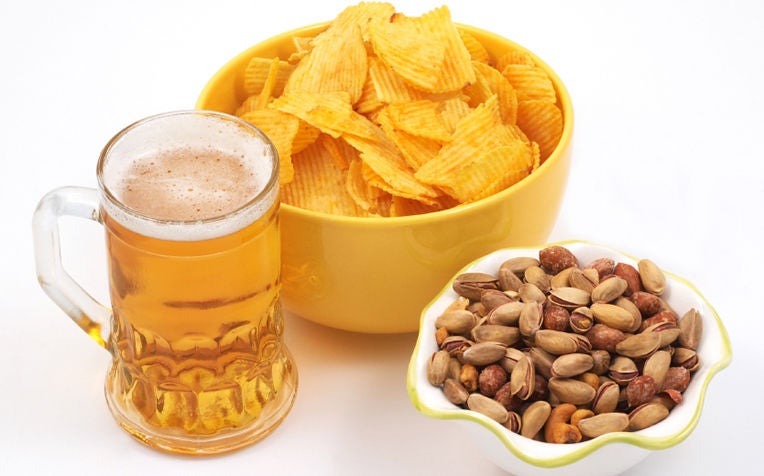HealthXchange will NEVER ask you to transfer money over a call. If in doubt, call the 24/7 ScamShield helpline at 1799, or visit the ScamShield website at www.scamshield.gov.sg.
Making Sense of Nutrition Facts: Calories and Sodium

Limit your snacks intake as they are high in sodium, fats and sugar.
To some, nutritional information labels look so confusing; they might as well be in Turkish. However, there are some nutrition facts that are key to your health, as they can help you make better food decisions and even fend off diseases.
Calorie needs
A basic nutrition fact is the number of calories per serving. To make sense of it, you must know the number of calories you need per day. It varies based on factors such as your age, gender and level of physical activity.
"In Singapore, energy needs of sedentary office workers have been estimated at 1,700 calories per day for females, and 2,100 calories for males", says Grace Quek, Senior Dietitian at the Nutrition and Dietetics Department, KK Women’s and Children’s Hospital (KKH), a member of the SingHealth group.
Take a small banana muffin. At about 275 calories per serving, it contains a sixth of the dietary caloric requirement of a sedentary female office worker. That is one way of putting things into perspective.
If you’re not keen to do simple divisions, a general rule of thumb is: Any food that contains 400 or more calories per serving is a food high in calories, according to USDA (United States Department of Agriculture) guidelines.
For foods that don’t come with neat packaging and nutrition facts, do check out the convenient “Energy & Nutrient Composition of Food” tool on Health Promotion Board.
Sodium content
Sodium is a mineral found in salt, MSG and a variety of processed food. According to Health Promotion Board, the average adult Singaporean consumes 3,525 mg of sodium per day. That’s well above the recommended limit of 2,000 mg of sodium per day. Beyond that, there is a risk of adverse effects such as high blood pressure.
Be sure to check the sodium content stated on the nutrition information label, next time you buy breakfast cereals, a frozen meal or just about anything in a can. You could be in for a surprise.
Read on for the nutritional value of fats in food.
Ref. M19
Contributed by
Related Articles
Public Events
Get the Health Buddy App
© 2025 SingHealth Group. All Rights Reserved.

















 Get it on Google Play
Get it on Google Play